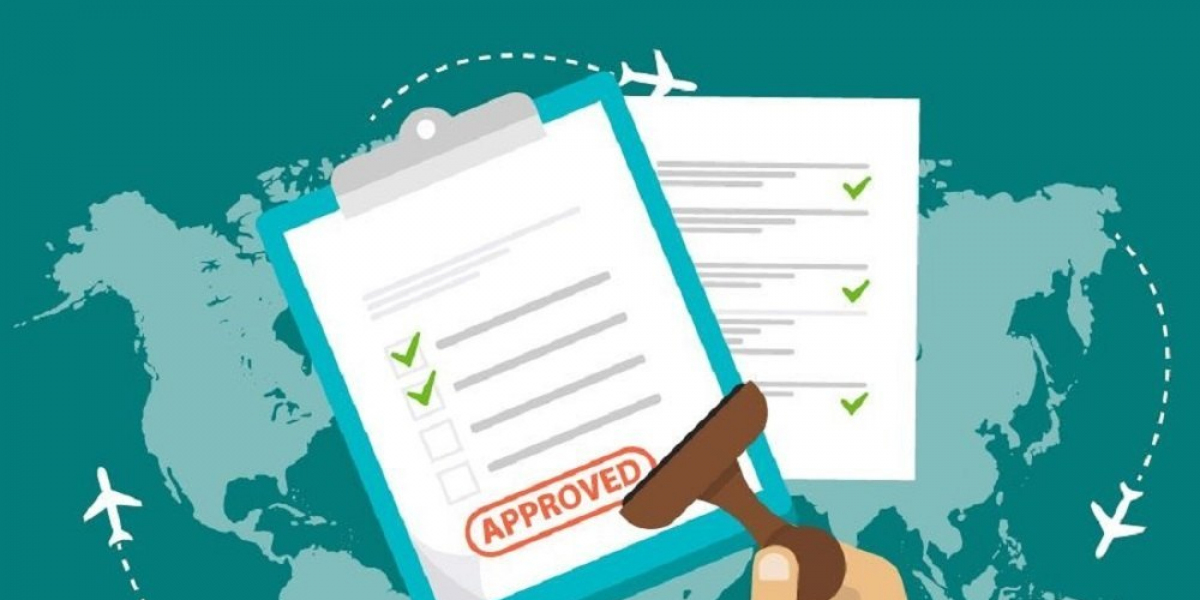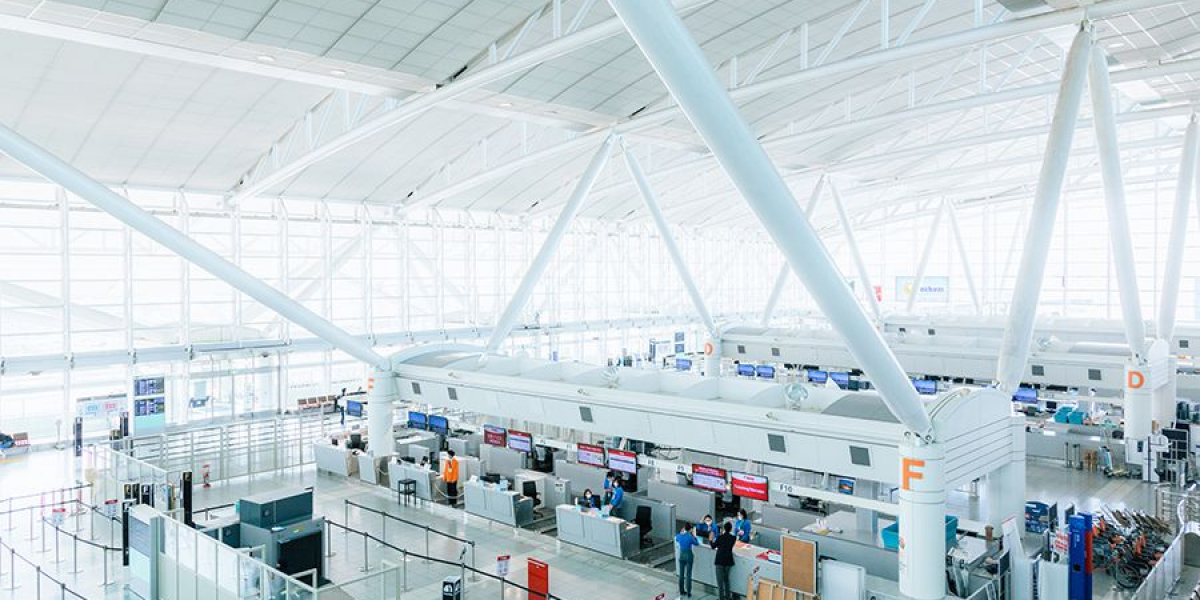Introduction
Embarking on the journey of certificate attestation services can be daunting without proper guidance. Whether you're planning to study abroad, work overseas, or immigrate to another country, ensuring your documents are properly attested is crucial. In this guide, we'll walk you through the entire process, from verification at the SDM office to embassy attestation, providing clarity and assistance every step of the way.
Understanding Certificate Attestation
Certificate attestation is the process of verifying the authenticity of documents issued in one country for use in another country. It involves obtaining stamps and signatures from various government authorities to validate the documents' legitimacy.
Importance of Certificate Attestation
Certificate attestation serves as proof that your documents are genuine and hold legal validity in another country. Without proper attestation, your documents may not be recognized abroad, potentially hindering your academic or professional pursuits.
Documents Required for Certificate Attestation
Before initiating the attestation process, ensure you have the following documents ready:
- Original certificates
- Passport copies
- Visa copies (if applicable)
- Photographs
- Authorization letter (if using a representative)
Step 1: Verification at SDM
The first step in the attestation process is to verify your documents at the Sub-Divisional Magistrate (SDM) office. This involves confirming the authenticity of your certificates and obtaining the SDM's signature or seal.
Step 2: State Home Department Authentication
Following SDM verification, your documents need to be authenticated by the State Home Department. This step ensures that the SDM's signature is genuine and validates the documents for further processing.
Step 3: MEA Attestation
After State Home Department authentication, your documents must be attested by the Ministry of External Affairs (MEA). MEA attestation is essential for verifying the authenticity of your documents at the national level.
Step 4: Embassy Attestation
Once MEA attestation is complete, your documents need to be attested by the embassy or consulate of the destination country. Embassy attestation validates the documents for use in the respective foreign country.
Step 5: MOFA Attestation (if applicable)
In some cases, documents may require further attestation by the Ministry of Foreign Affairs (MOFA) of the destination country. This additional step ensures the documents' recognition and validity within the foreign jurisdiction.
Attestation Timeline and Cost
The timeline and cost of certificate attestation services can vary depending on various factors such as the type of documents, the destination country, and the service provider. On average, the attestation process may take anywhere from a few days to several weeks, with costs ranging from moderate to high, depending on the complexity of the case.
Common Mistakes to Avoid
When undergoing the certificate attestation process, it's essential to avoid the following common mistakes:
- Not obtaining original documents
- Ignoring document requirements
- Choosing unreliable service providers
- Underestimating the attestation timeline
Benefits of Professional Attestation Services
While it's possible to manage the attestation process independently, seeking professional assistance offers several benefits:
- Expert guidance throughout the process
- Time-saving and hassle-free experience
- Assurance of document authenticity
- Peace of mind regarding the attestation's accuracy and legality
Understanding Apostille and its Alternatives
In addition to traditional attestation methods, individuals may opt for Apostille services, especially for countries that are part of the Hague Convention. Apostille is a simplified form of attestation that eliminates the need for embassy legalization in member countries.
FAQs
Do I need to be present for the attestation process? No, you can authorize a representative to complete the attestation on your behalf with a duly signed authorization letter.
How long does the attestation process take? The timeline varies depending on factors such as document type, destination country, and service provider. On average, it can take anywhere from a few days to several weeks.
Can I attest photocopies of my documents? No, original documents are required for attestation to ensure authenticity.
What is the difference between attestation and Apostille? Attestation involves obtaining stamps and signatures from various government authorities, whereas Apostille is a simplified form of attestation recognized by member countries of the Hague Convention.
Is MOFA attestation necessary for all documents? MOFA attestation may be required for certain documents depending on the policies of the destination country. It's essential to verify the specific requirements beforehand.
Are there any alternatives to embassy attestation? In addition to embassy attestation, individuals may explore apostille services, especially for countries that are part of the Hague Convention.
Conclusion
Navigating the intricate process of certificate attestation services can be challenging, but with the right guidance and understanding, it becomes more manageable. From SDM verification to embassy attestation, each step plays a crucial role in ensuring the legality and authenticity of your documents. By following the outlined steps, avoiding common mistakes, and seeking professional assistance when needed, you can streamline the attestation process and embark on your international endeavors with confidence.








